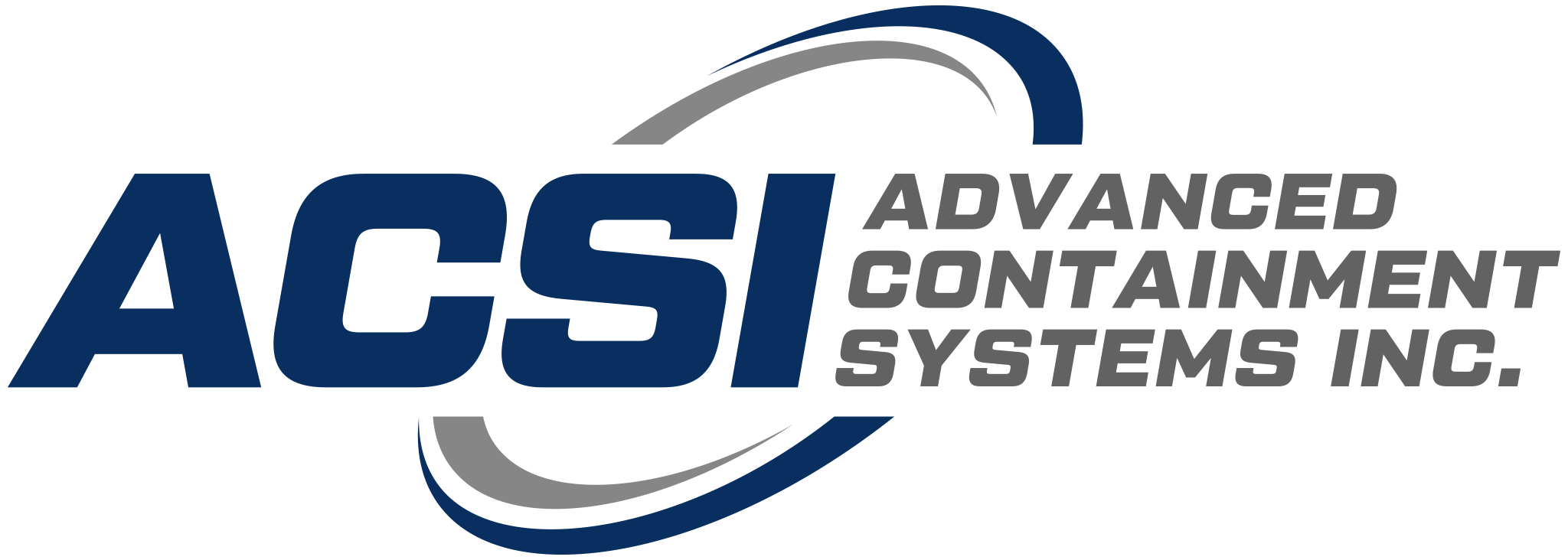
Mass Casualty in Hospitals
Decontamination units are an essential part of emergency response planning for hospitals. In the event of a chemical or biological incident, decontamination units can quickly and efficiently remove harmful substances from individuals, helping to prevent the spread of contamination and minimize the risk of injury or illness.
One of the key benefits of decontamination units is their ability to handle overflow from the hospital. During a mass casualty event, hospitals may quickly become overwhelmed with patients needing medical attention. Decontamination units can be deployed to the scene of the incident to provide initial treatment and decontamination for patients, helping to reduce the burden on hospital staff and resources.
Here are some reasons why mass casualty trailers are needed at all hospitals in America:
- Large-scale emergencies can happen anywhere. While some hospitals may be located in areas more prone to natural disasters, such as hurricanes or earthquakes, mass casualty events can occur anywhere. Every hospital in America should be prepared to respond to a mass casualty event.
- Hospitals may not have enough resources to handle a mass casualty event on their own. Even hospitals with robust emergency departments may not have enough resources to handle a sudden influx of patients in the event of a mass casualty event. Mass casualty trailers can provide additional resources, equipment, and staff to help hospitals respond effectively.
- Time is critical in a mass casualty event. When a mass casualty event occurs, time is of the essence. The faster medical care can be provided to patients, the better their chances of survival. Mass casualty trailers can be quickly deployed to the scene of an emergency to provide critical care to patients as quickly as possible.
- Mass casualty trailers can help hospitals free up resources for other patients. In the event of a mass casualty event, hospitals may need to prioritize care for those who are most critically injured. Mass casualty trailers can help triage and treat patients who are less seriously injured, allowing hospital staff to focus on those who need the most immediate attention.
- Mass casualty trailers can help save lives. By providing critical medical care to large numbers of patients quickly, mass casualty trailers can help save lives in the event of a disaster. They can also help prevent further injury or death by stabilizing patients for transport to a hospital.
Advantages of decontamination units is that they can be set up without the need for construction or modification of the hospital building. This is important because it allows hospitals to quickly and easily respond to emergency situations without disrupting ongoing operations or putting patients and staff at risk. Decontamination units can be set up in parking lots, on sidewalks, or other nearby areas, providing an efficient and effective response to emergencies.
Decontamination units can also be used for routine decontamination procedures within the hospital. For example, if a patient is admitted with a highly contagious infection, they may need to be decontaminated before being admitted to the hospital. By having a decontamination unit on site, hospitals can quickly and effectively decontaminate patients and reduce the risk of infection spreading to other patients and staff.
In addition, decontamination units can be used in conjunction with other emergency response equipment and procedures, such as hazmat suits, respirators, and emergency showers. This allows hospitals to quickly and efficiently respond to a wide range of emergency situations, from chemical spills to infectious disease outbreaks.
Mass casualty trailers are an essential component of emergency response efforts in America. Every hospital should have access to these trailers to ensure that they can respond effectively in the event of a mass casualty event. By providing critical medical care quickly and efficiently, mass casualty trailers can help save lives and prevent further injury or death in the aftermath of a disaster.
These trailers can be equipped with medical supplies, equipment, and medications needed to treat a high volume of patients. They can also staffed by trained medical professionals who can quickly assess and treat patients, triage them according to their needs, and stabilize them for transport to a hospital.
To learn more about how ACSI’s products can transform your hospital setting, visit our website: https://acsi-us.com/.
